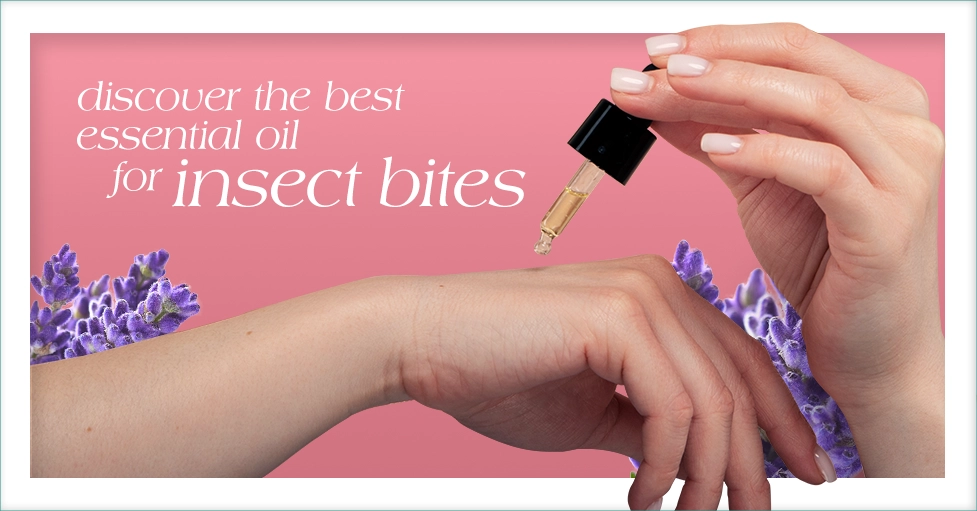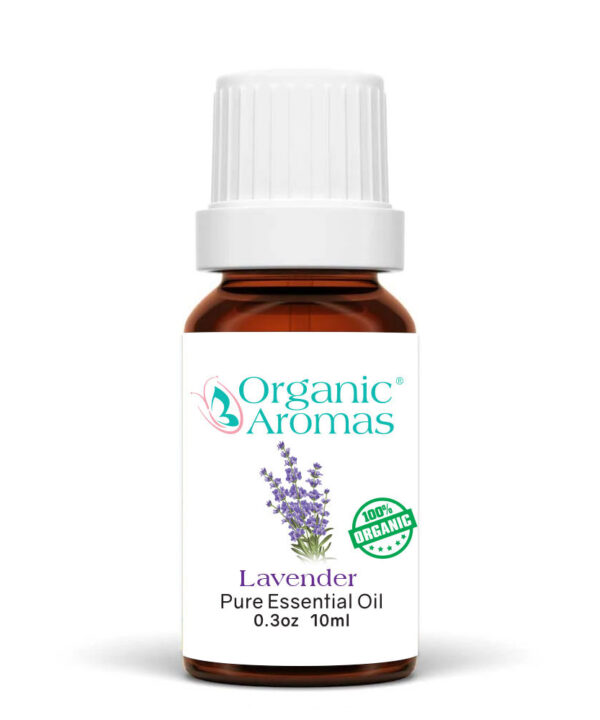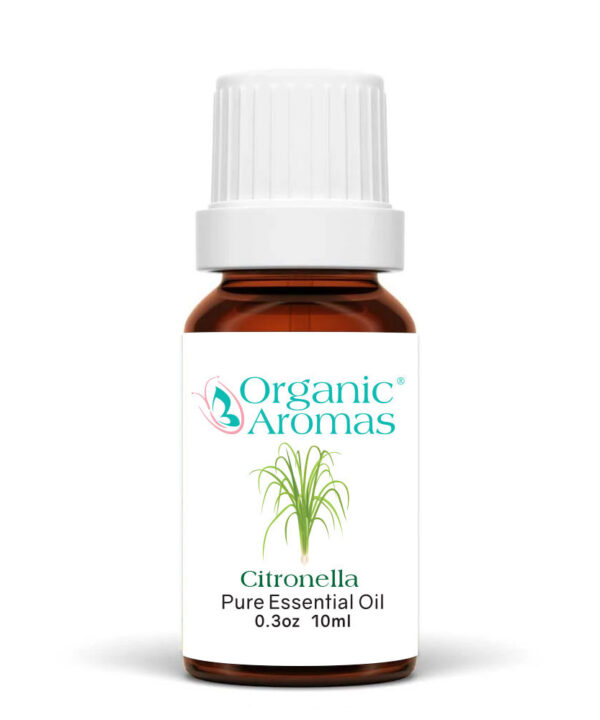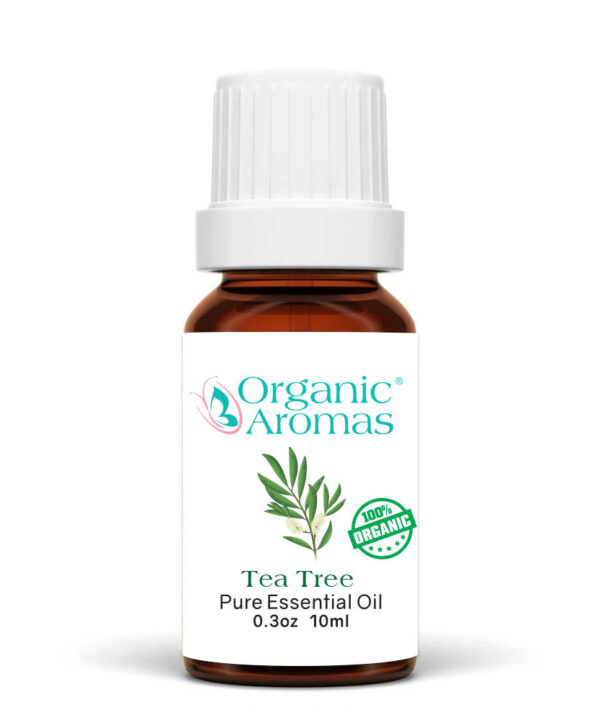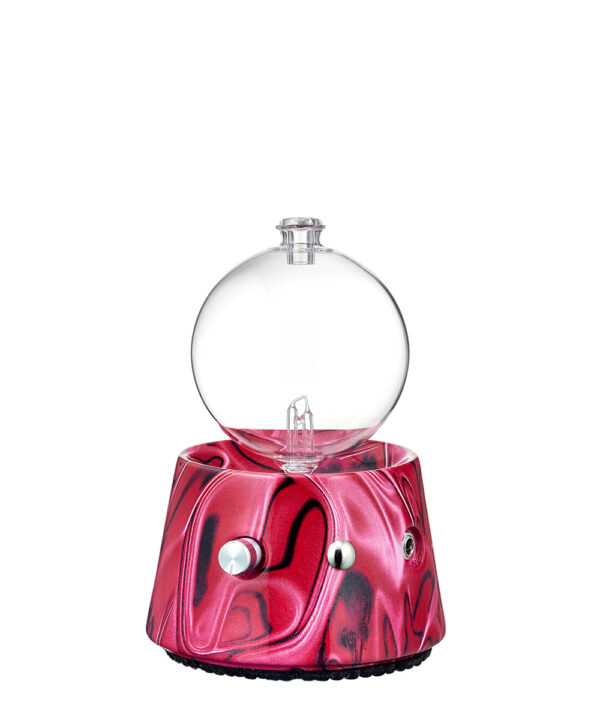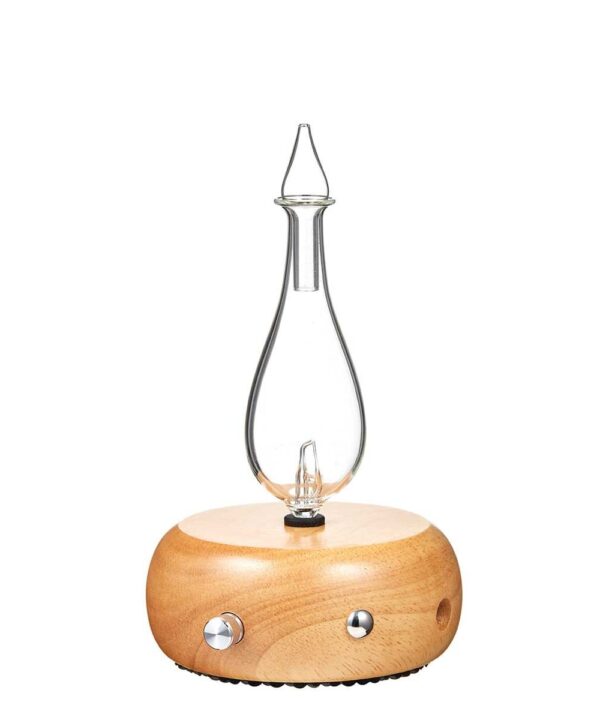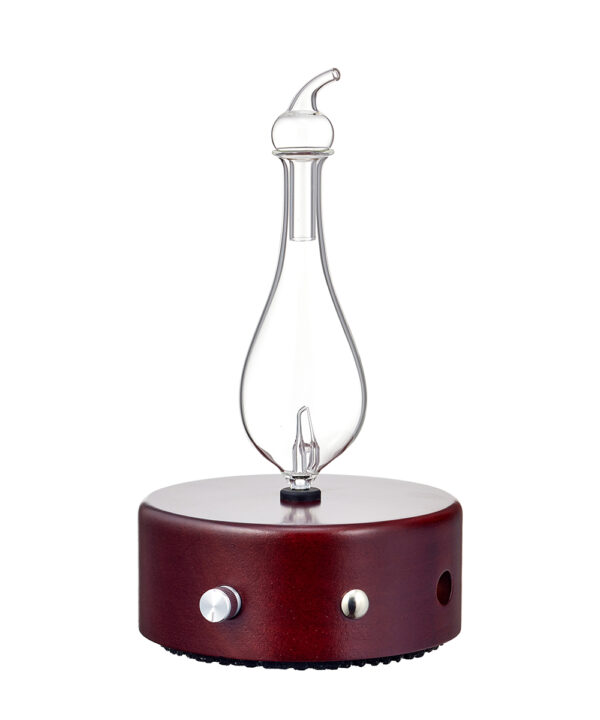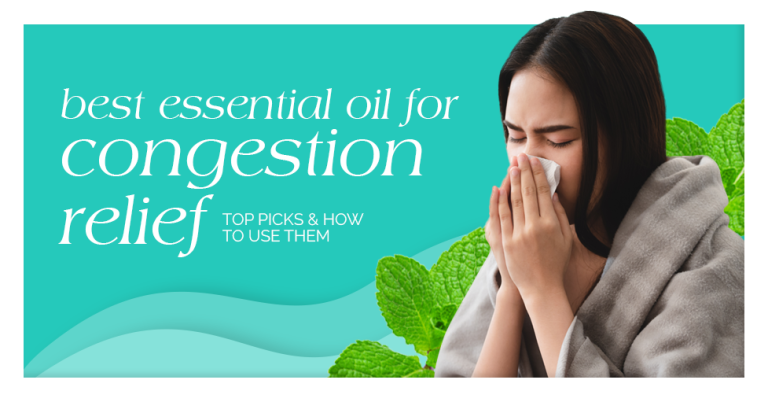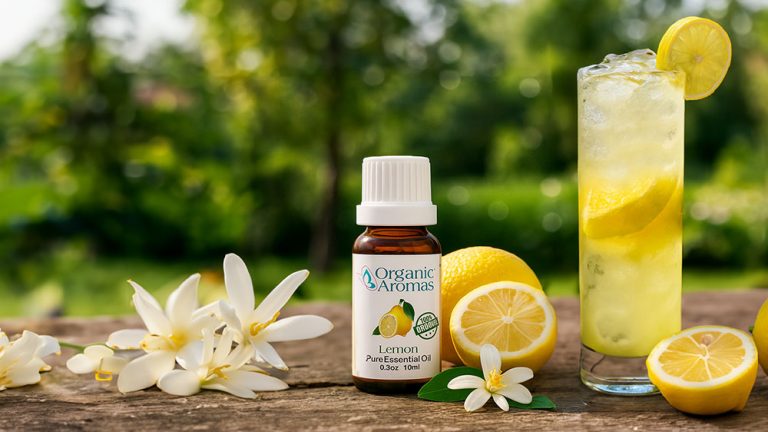Discover the Best Essential Oil for Insect Bites: Soothe Your Skin Naturally
When an insect bite leaves you with an annoying itch or painful swelling, finding the best essential oil for insect bites is key for quick relief. This guide ranks the most effective natural oils, from the soothing properties of lavender to the cooling touch of peppermint, ready to calm your irritated skin. Navigate through our top picks and learn how to safely apply these oils for the most comfortable and quick recovery.
Bug Bite Problem? Use These Natural Methods:
Best Essential Oil for Insect Bites Relief
Imagine if you could find relief from insect bites virtually anywhere, with six easy-to-carry best essential oils. These elixirs, extracted from plants, encompass:
- Lavender
- Tea Tree
- Peppermint
- Lemongrass
- Camphor
- Chamomile
- Some that are uncommon but have proven to be effective are xanthoxylum oil, and vanillin
Each offers unique therapeutic benefits that can help in treating bug bites and alleviate discomfort from them. Whether it’s the sharp sting of a fire ant or the relentless itch of a mosquito bite, these essential oils are your allies in soothing the skin and reducing inflammation.
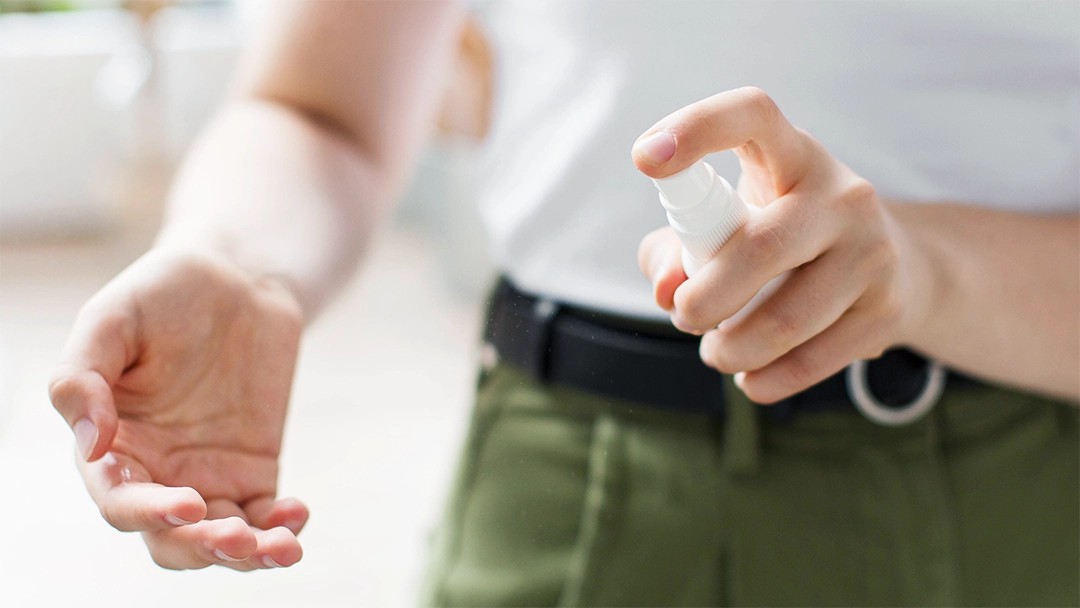
Lavender Essential Oil
Many turn to lavender essential oil, also known as lavender oil, for various skin complaints, bug bites included. With calming properties, it can be applied directly on the bite, alleviating inflammation and discomfort.
Proven Repellent Activity of Essential Oils
Essential oils from Cymbopogon nardus (citronella), Pogostemon cablin (patchouli), Syzygium aromaticum (clove), and Zanthoxylum limonella have been identified as highly effective mosquito repellents, providing complete protection for up to 2 hours when applied undiluted. These oils were tested against Aedes aegypti mosquitoes under laboratory conditions using human subjects 1.
It provides an additional layer of protection against infection, making it a comprehensive solution for bug bite relief.
Tea Tree Essential Oil
Tea tree essential oil stands strong against bug bites with its anti-pain, anti-swelling, and anti-itching qualities, further fortified by antimicrobial properties.
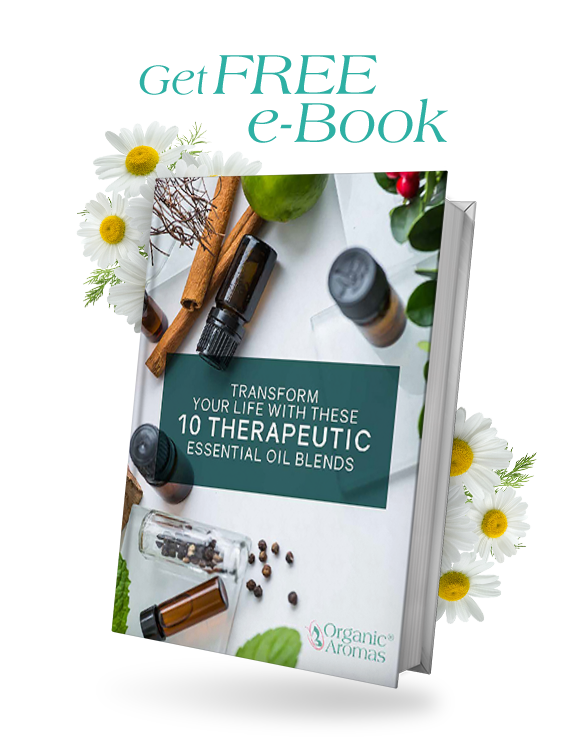
Sign Up to Get Your FREE Essential Oils e-Book Here
From mosquitoes to fire ants, tea tree oil can soothe a broad spectrum of insect bites. It’s recommended to dilute the oil before direct application or placing it on a bandage covering the bite.
Peppermint Essential Oil
Acting as a soothing balm for irritated skin, peppermint essential oil delivers immediate relief with its cooling sensation and anti-inflammatory properties that diminish redness and swelling.
In addition to its cooling effect, peppermint oil also acts as an analgesic, easing the discomfort that often accompanies insect bites.

Lemongrass Essential Oil
Lemongrass essential oil, an anti-inflammatory and antimicrobial dynamo, dramatically reduces the painful inflammation caused by insect bites.
The antimicrobial nature of lemongrass oil also minimizes the risk of infection, ensuring a safer healing process.
Camphor Essential Oil
Recognized for its soothing capabilities, camphor essential oil alleviates skin irritation from insect bites by reducing inflammation and providing quick relief through a warm, tingling sensation upon application.
However, it is advisable to avoid camphor oil on bites that burn or sting to prevent exacerbating symptoms.
Chamomile Essential Oil
Beyond its association with calming teas, chamomile essential oil boasts skin-soothing properties, effectively reducing redness, itching, and irritation from bug bites.
Additionally, chamomile oil supports the skin’s healing process, speeding up recovery from bug bites.
Nature’s Relief: The Ultimate Guide to Essential Oil Compounds for Soothing Bug Bites
| Compound | Properties | Common Sources |
|---|---|---|
| Alpha-pinene | Anti-inflammatory, antimicrobial | Pine, rosemary, eucalyptus |
| Limonene | Anti-inflammatory, analgesic, antimicrobial | Citrus oils (lemon, orange), peppermint, dill |
| Linalool | Anti-inflammatory, analgesic, soothing | Lavender, coriander, sweet basil |
| Menthol | Cooling, analgesic, antipruritic | Peppermint, spearmint |
| Eugenol | Analgesic, antiseptic, anesthetic | Clove, cinnamon, nutmeg |
| Camphor | Anti-inflammatory, analgesic, antipruritic | Camphor tree, rosemary |
| Geraniol | Anti-inflammatory, antiseptic, analgesic | Geranium, lemongrass, rose |
| Thymol | Antimicrobial, antifungal, anti-inflammatory | Thyme, oregano |
| Caryophyllene | Anti-inflammatory, analgesic | Black pepper, cloves |
| Citronellol | Anti-inflammatory, repelling certain insects | Citronella, rose, geranium |
Safe Application Methods for Essential Oils
Despite the myriad benefits of these essential oils, understanding safe application methods is vital. Options for using dilute essential oils include:
- Crafting a diluted spray
- Preparing an ointment
- Creating a bath soak
- Employing a nebulizing diffuser
Each method ensures the oils are absorbed effectively, providing maximum relief from insect bites while avoiding skin irritation.
Diluted Spray
A diluted spray is a convenient way to apply essential oils for bug bite relief. You can create one by mixing a few drops of the essential oil with equal parts of a liquid carrier oil and water.
Fill a spray bottle with the required amount of water, then add the essential and carrier oils. Shake the bottle well before each use to ensure the oils are well dispersed.
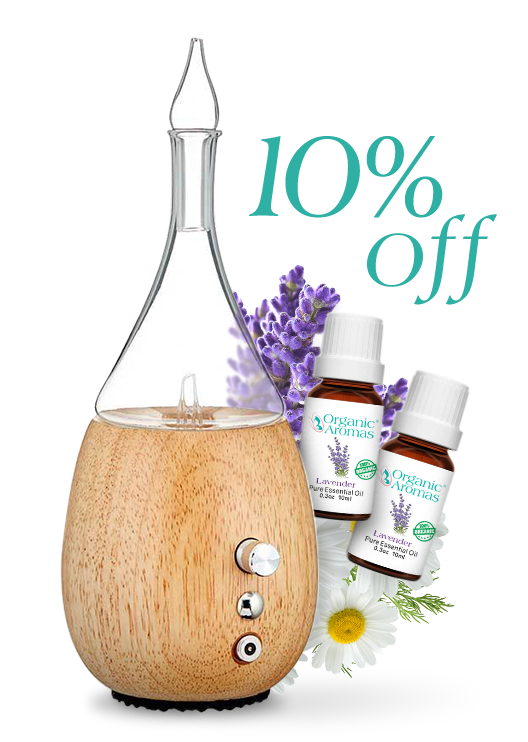
Join Now and Get a Coupon for 10% Off!
Ointment
An ointment is a beneficial way to apply essential oils directly to the affected area. You can mix a few drops of your chosen essential oil with a carrier oil or your favorite store-bought lotion. This method is particularly effective for sensitive skin as it allows for targeted relief, providing immediate comfort to the irritated area.
Bath Soak
A bath soak is a luxurious way to alleviate discomfort from bug bites. Simply add about 15 drops of your chosen essential oil to a carrier oil before dispersing the mixture into the bath water. Soak in the bath for about 15-20 minutes, allowing the soothing properties of the oil to permeate your skin, providing relief from insect bites.

Nebulizing Diffuser®
A nebulizing diffuser allows you to enjoy the benefits of essential oils without direct skin contact. Just add a few drops of your chosen essential oil into the diffuser and breathe in the therapeutic effects. This device works by using pressurized air to atomize pure essential oil, emitting strong, natural aromas across a wide area in mere minutes. The fine mist produced by the nebulizing diffuser not only calms and soothes your mind and body but may also serve as a deterrent to insects that are attracted to human scents. By dispersing a potent fragrance throughout the environment, it can potentially help ward off flying or crawling insects, adding an extra layer of protection against bites and stings while enhancing the healing process.
Preventing Insect Bites with Essential Oils
Essential oils not only provide relief from insect bites but also have a preventative role. Citronella and lemongrass, in particular, are effective natural insect repellents. These oils mask the scents that attract insects, making you less of a target and potentially reducing the frequency of bug bites.
Citronella Essential Oil
Derived from the distillation of the Asian grass plant, citronella oil is a favored natural alternative to chemical repellents. It masks human scents that attract pests like mosquitoes with its potent fragrance.
In addition to its repellent qualities, citronella oil also acts as an insecticide, preventing future bites.
DIY Soothing Bug Bite Spray

Lemongrass Essential Oil
As a powerful natural insect repellent, lemongrass essential oil is particularly potent against sand flies and stable flies.
You can use lemongrass oil in diffusers and sprays, providing up to 100% protection against sand flies for three hours at a concentration of 1 mg/ml.
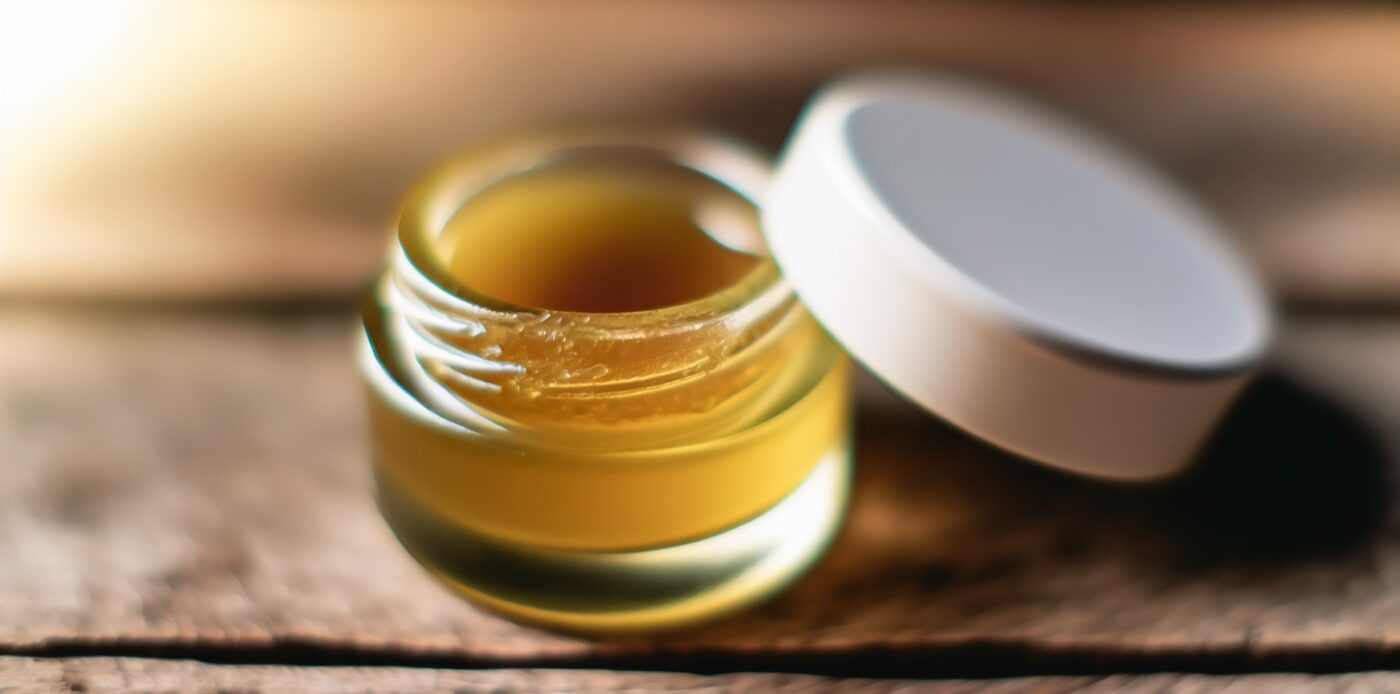
Essential Oil Safety Precautions
Although generally safe, essential oils should be used cautiously. Safety precautions include conducting a skin patch test, proper oil dilution, and considering the special needs of pregnant women, children, and the elderly.
By following these guidelines, you can ensure a safe and beneficial experience with essential oils for bug bite relief.
When to Seek Medical Attention: Though essential oils can alleviate most insect bites, situations may arise where medical attention becomes necessary. Severe allergic reactions, venomous spider bites, and signs of infection or disease transmission warrant immediate medical care.
Remember the Best Essential oils for Insect Bites
From the calming lavender to the cooling peppermint, essential oils provide a natural and effective solution for bug bite relief. The various application methods ensure ease of use, while their preventive capabilities can keep pesky bugs at bay. Just remember, while essential oils are generally safe, it’s crucial to follow the recommended safety precautions to ensure a beneficial and enjoyable experience.
Frequently Asked Questions
What essential oil is good for insect bites?
Tea tree oil can help relieve itching and inflammation from insect bites. Apply a small amount directly to the affected area for relief.
Can I use essential oils directly on my skin?
No, it is generally recommended to dilute essential oils with a carrier oil before applying to the skin to prevent irritation. This helps to avoid any potential skin sensitivity or adverse reactions.
Can essential oils prevent insect bites?
Yes, certain essential oils like citronella and lemongrass can act as natural insect repellents, offering protection from insect bites.
What should I do if I have a severe reaction to an insect bite?
Seek immediate medical attention if you have severe allergic reactions, signs of infection, or symptoms after a venomous spider bite.

